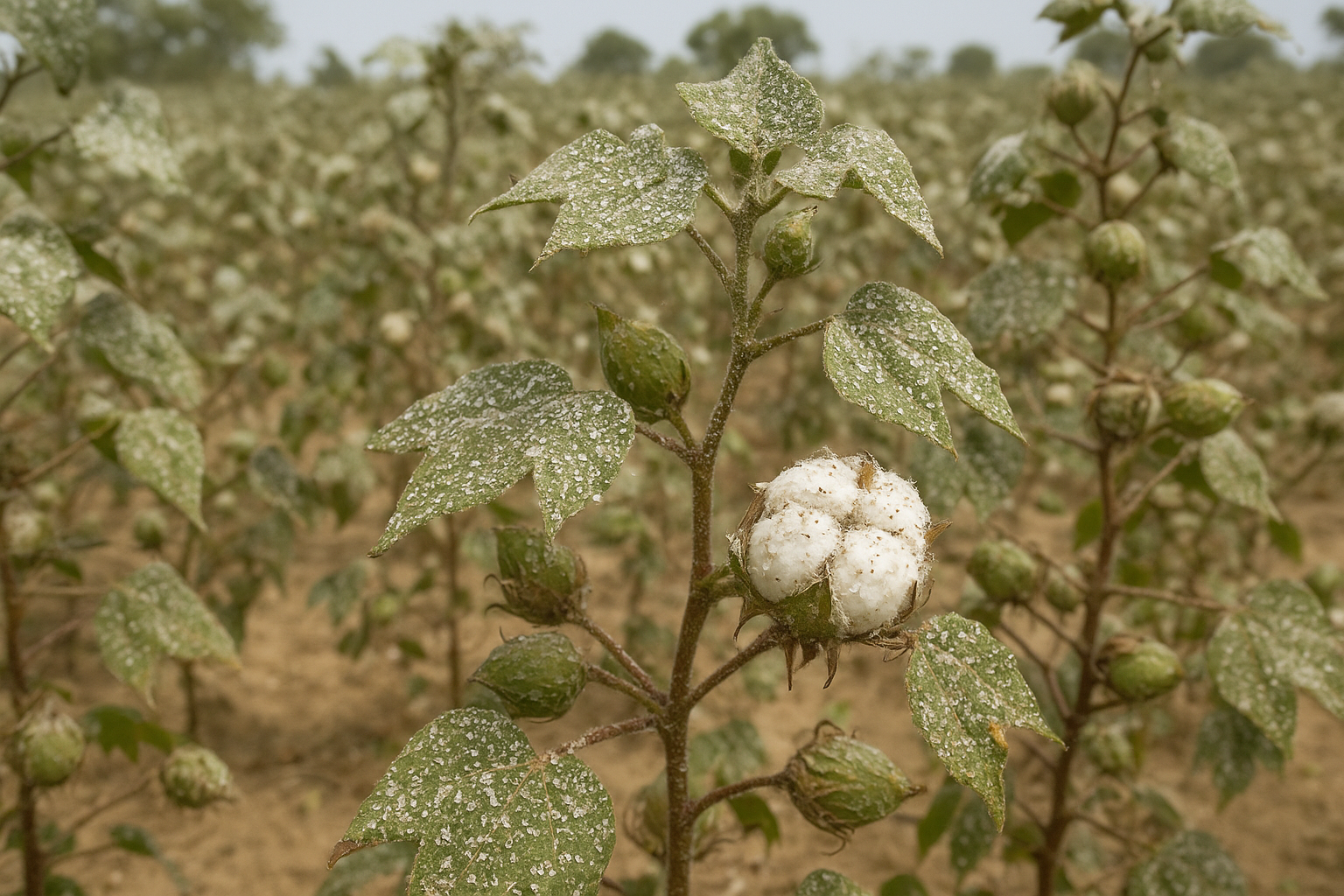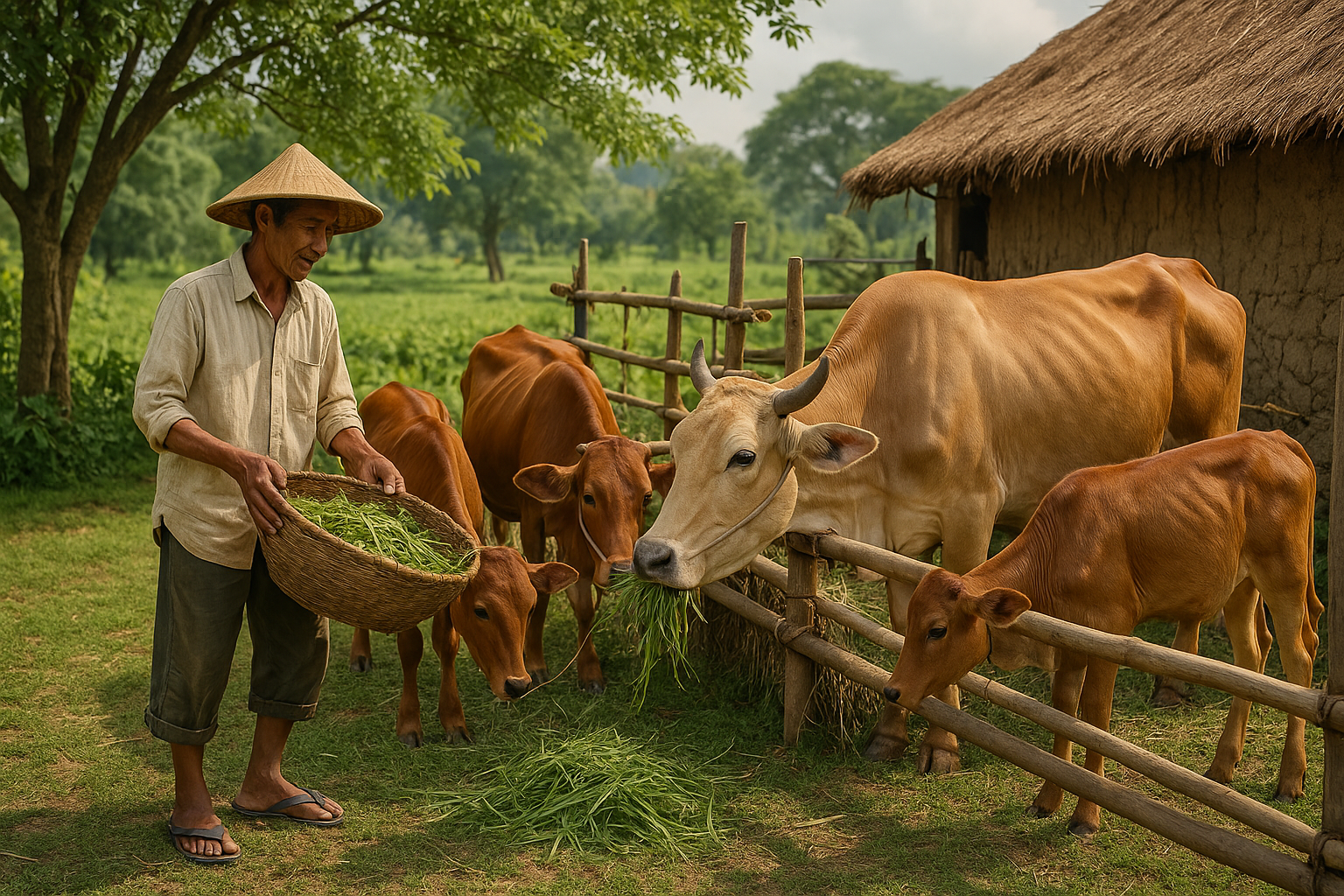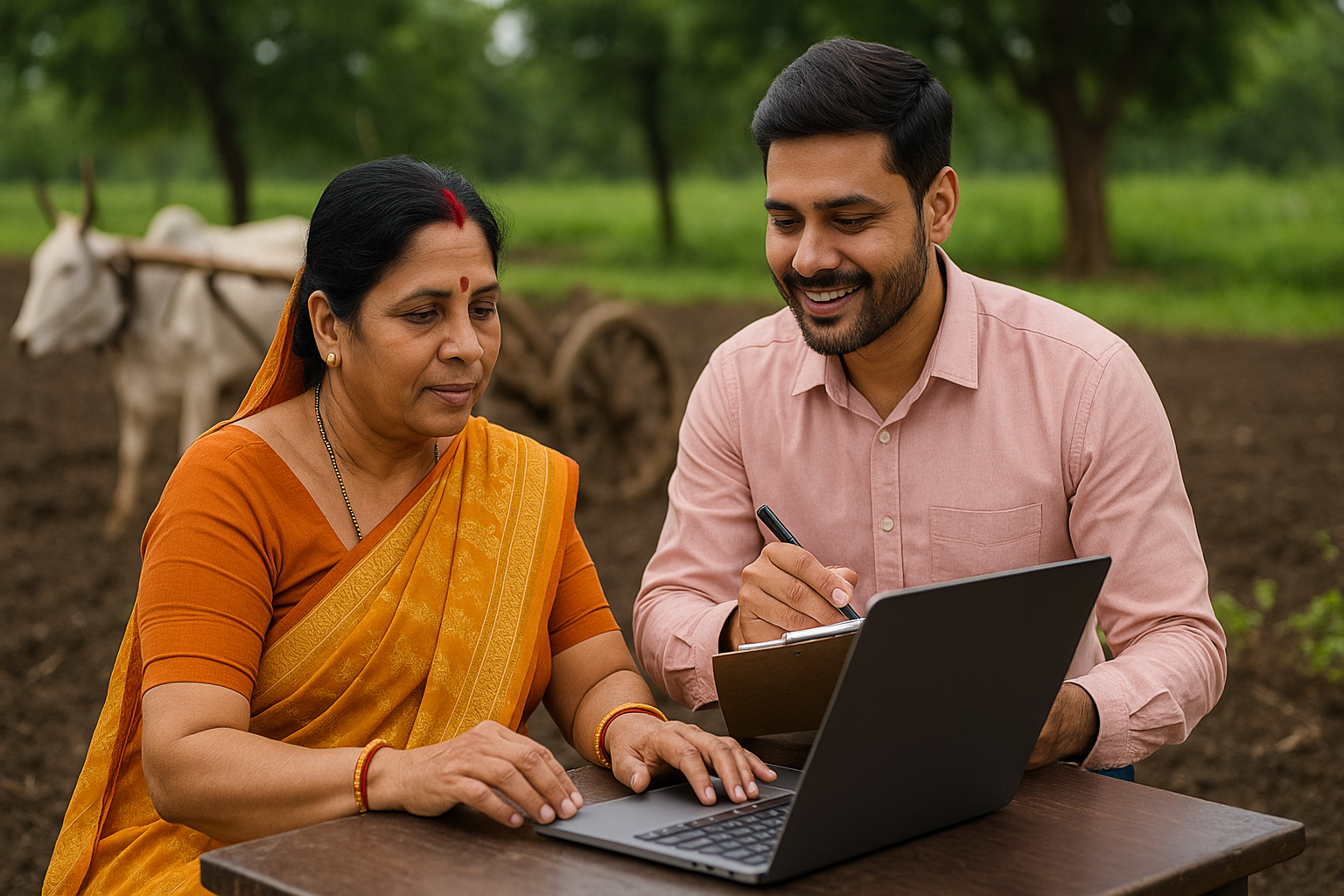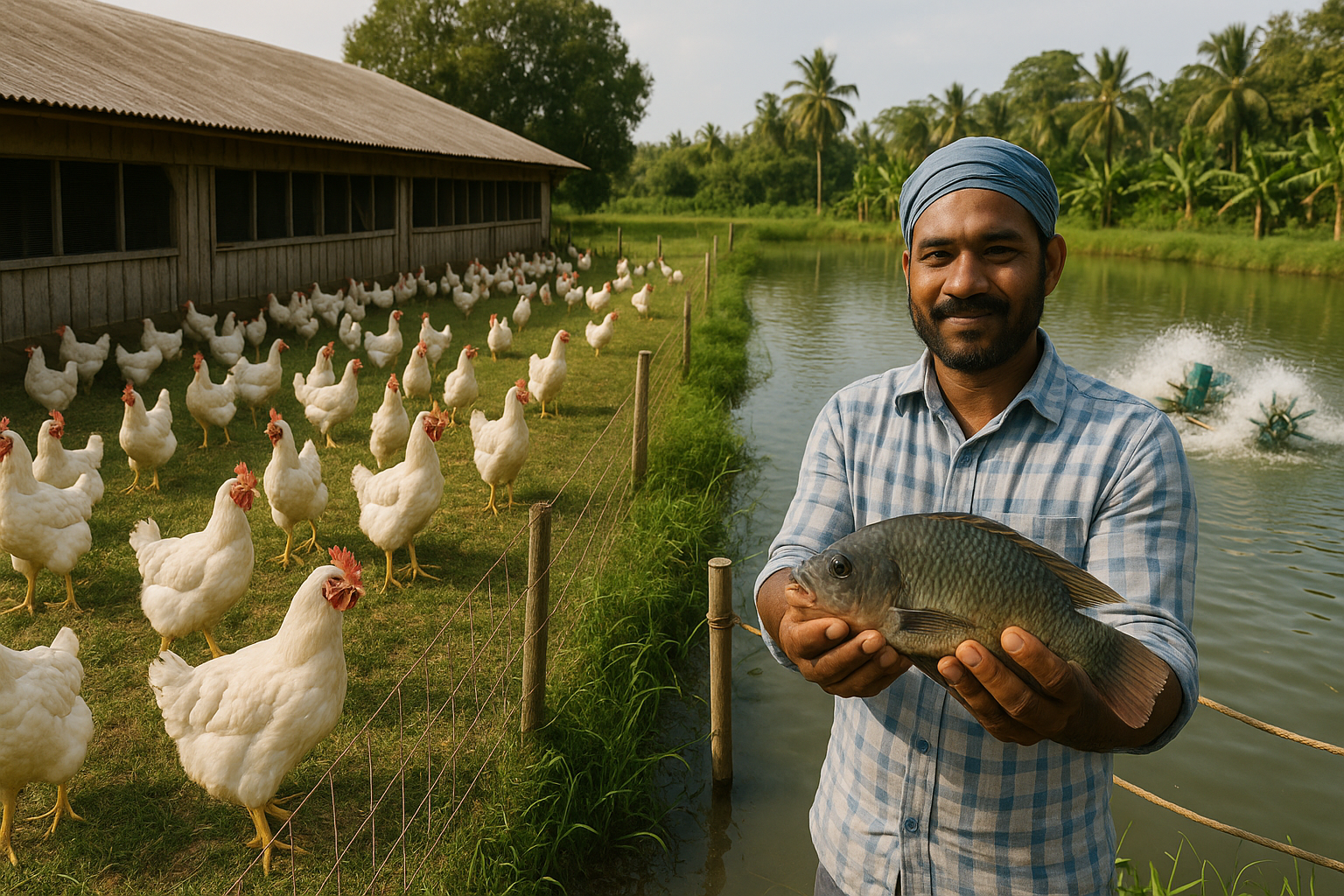In a time of environmental stress, dwindling natural resources, and rising input costs, the call for sustainable agriculture has never been louder. In this edition of Expert Columns, we speak to Dr. Rajeev Sharma, a renowned soil scientist and agroecology advocate, who outlines why sustainability must be at the core of India’s farming future.
🌱 Why Sustainability Can’t Wait
“India is on the brink of an agricultural transition,” says Dr. Sharma. “Our soil health is deteriorating, groundwater is depleting, and climate variability is intensifying. If we don’t make sustainability a priority today, we will be managing food shortages tomorrow.”
He emphasizes that sustainability goes beyond organic farming. It includes integrated pest management, efficient irrigation, diversified cropping, and reducing chemical dependence.
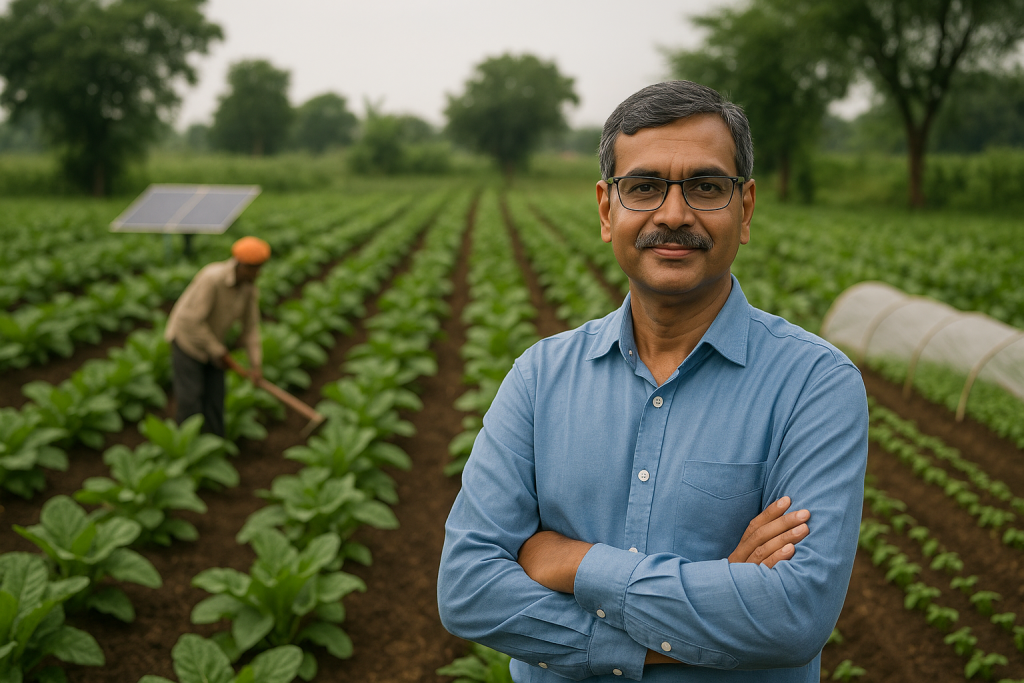
💧 Water Management: The Forgotten Crisis
Dr. Sharma warns that unregulated water use is one of the biggest threats to Indian agriculture. “Over 80% of our freshwater is used in farming, yet most farmers have no access to modern irrigation.”
He advocates for micro-irrigation systems, rainwater harvesting, and crop planning based on water availability, particularly in water-stressed states like Rajasthan, Gujarat, and Tamil Nadu.
🌾 Balancing Yields with Ecology
The notion that sustainable farming lowers yields is a myth, Dr. Sharma argues. “Yes, there’s an adjustment period, but long-term studies show that sustainable practices stabilize productivity, lower input costs, and increase resilience.”
He recommends intercropping, agroforestry, and green manuring as practical approaches that even smallholder farmers can adopt. These practices not only protect the environment but also boost soil fertility and reduce pest outbreaks.
📉 Chemical Fertilizer Addiction
India’s agricultural success in the past was built on high fertilizer use. But Dr. Sharma says this model is now unsustainable.
“Our soil has become dependent on synthetic inputs. It’s like feeding junk food to our fields,” he explains. He calls for a national soil restoration program and greater awareness about biofertilizers and composting.
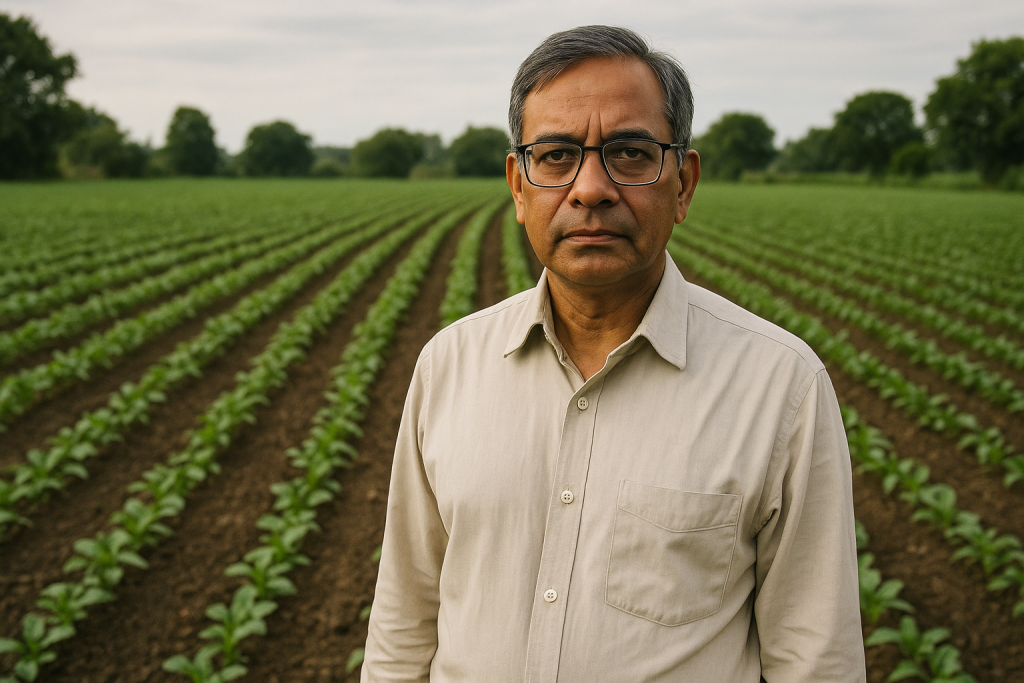
🧑🌾 The Role of Education and Community Participation
Dr. Sharma believes that extension services and farmer training programs must be revamped. “We need to move beyond input distribution to knowledge-sharing platforms, where farmers learn how to sustain their land for generations.”
He also highlights the success of community-led sustainable farming models, especially in states like Sikkim, Andhra Pradesh, and Himachal Pradesh, where farmer groups have implemented chemical-free agriculture with strong local governance.
✅ Policy Shift Needed
“Sustainability should be rewarded,” he says. Dr. Sharma suggests that government subsidies should be restructured to incentivize ecological practices. “Imagine if the same support given to urea was extended to composting units or soil health testing.”



